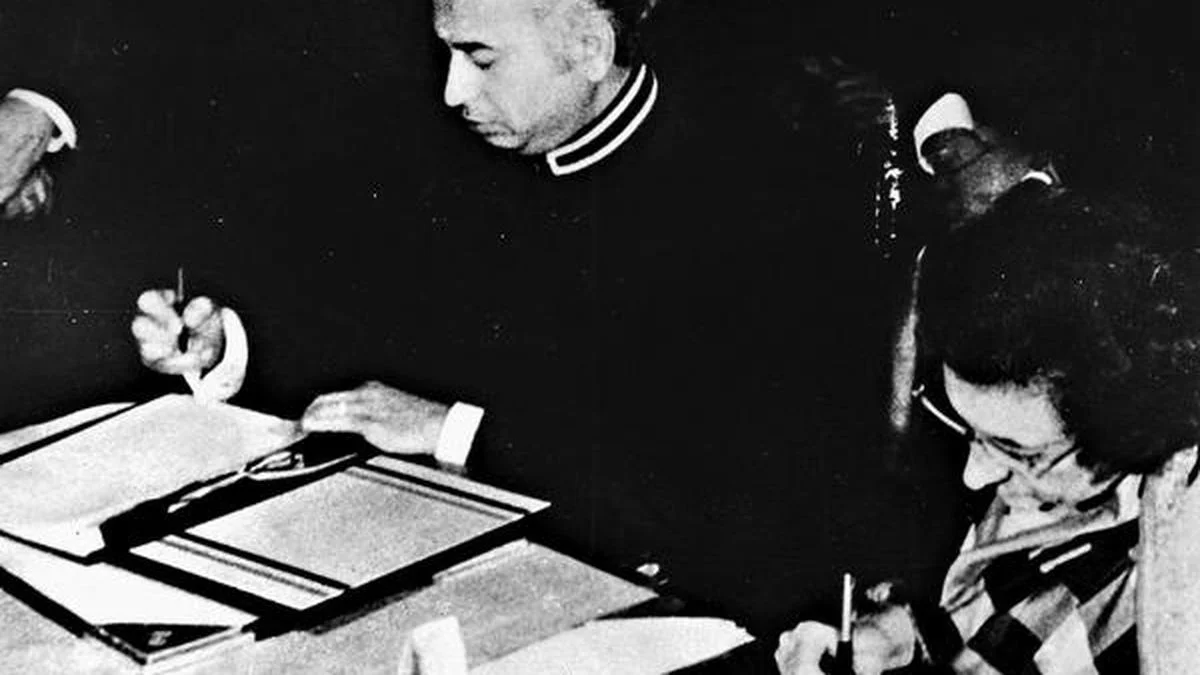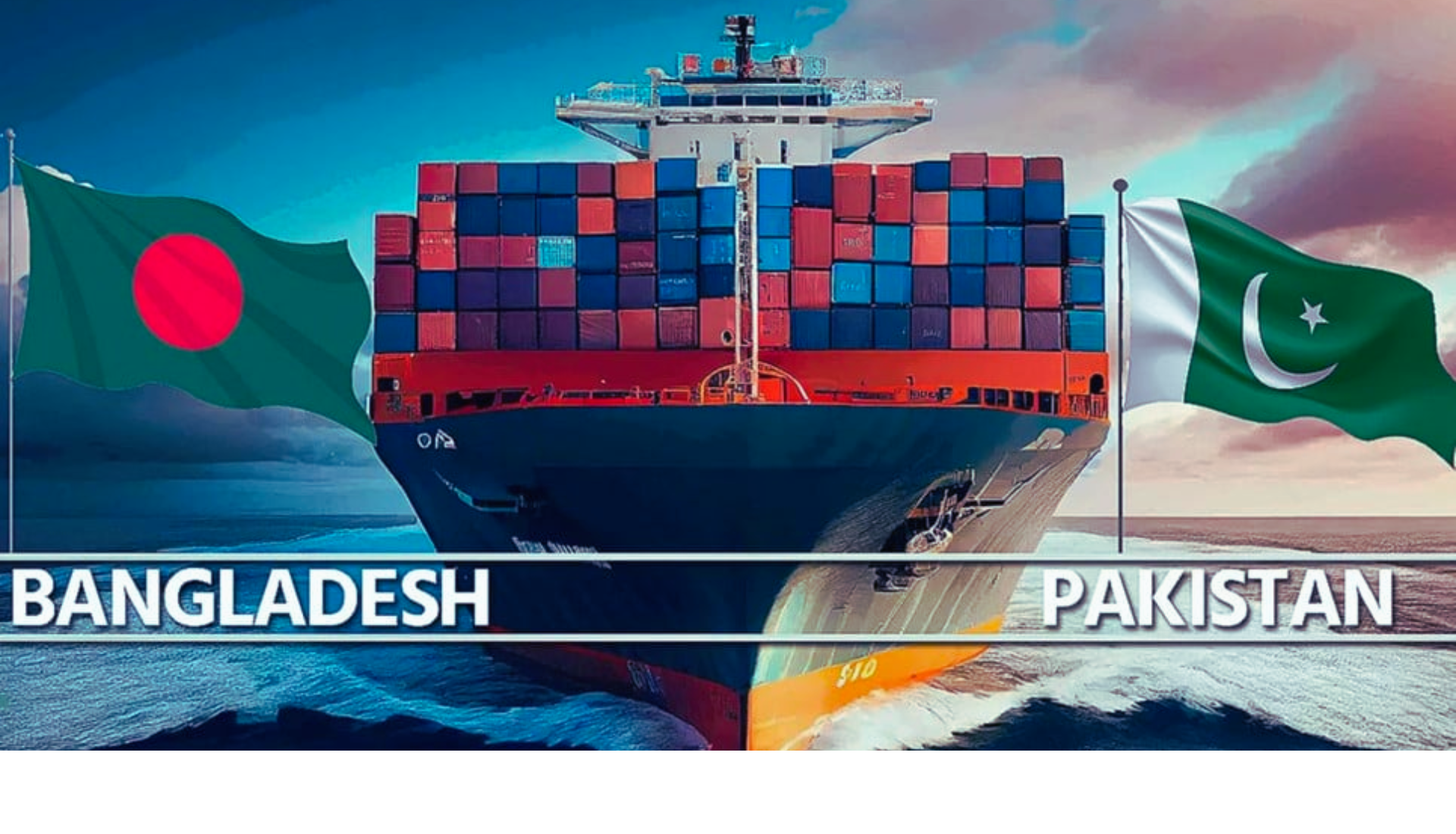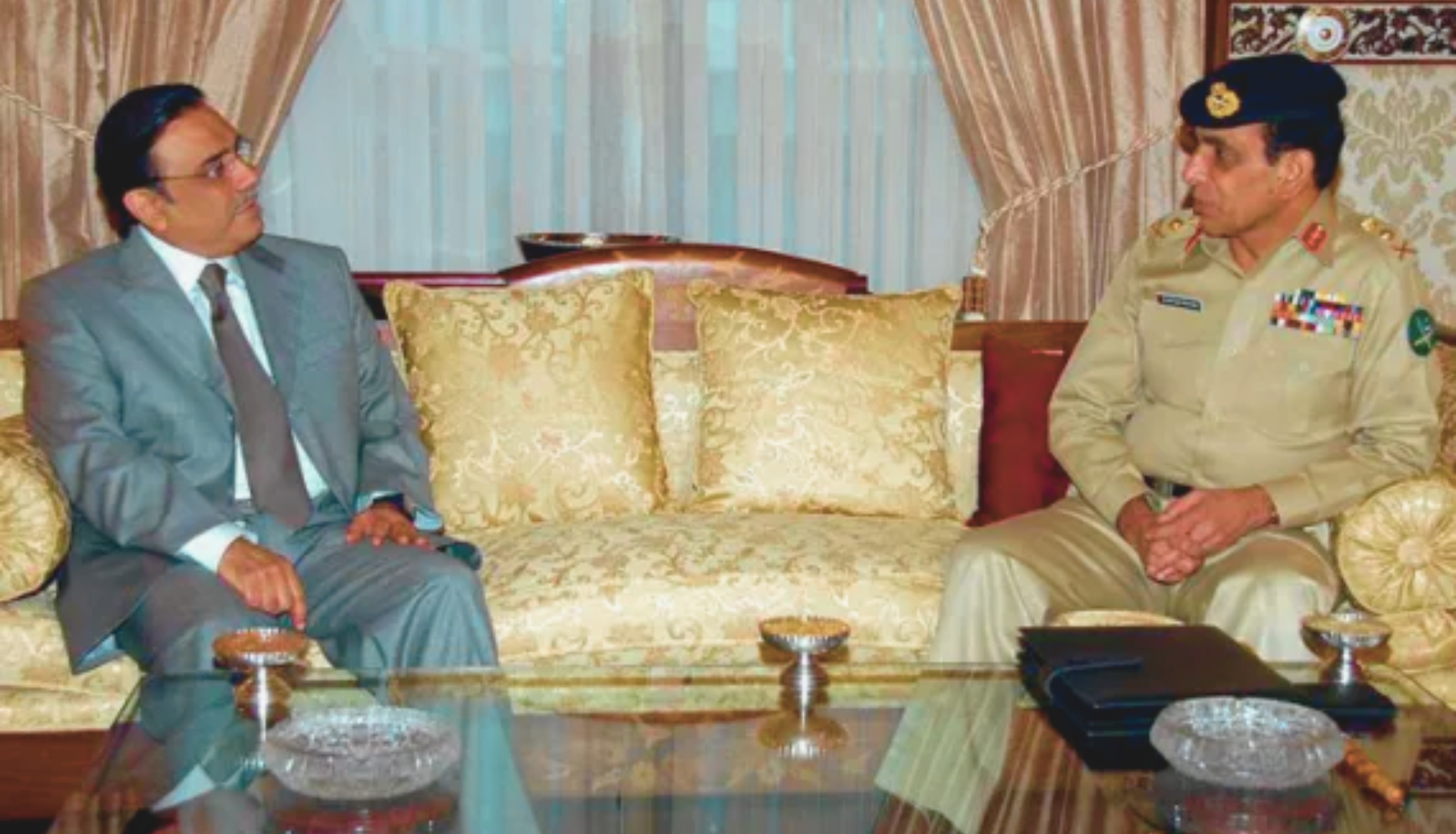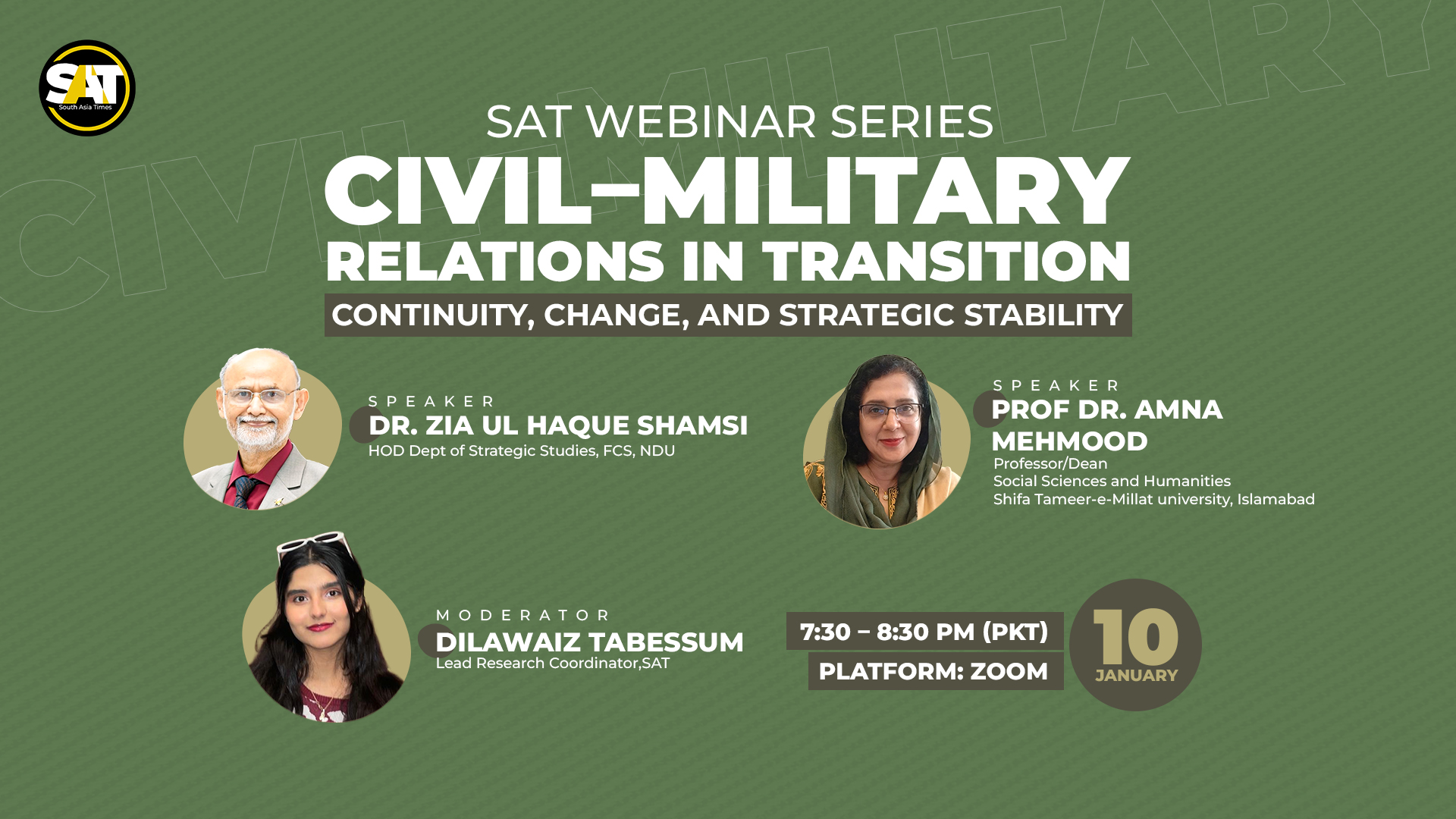The 2nd of July 1972, holds seminal importance in South Asia as a day of rejoinder of a post-conflict resolution. It was the day when Pakistan and India made a pact; under the name of ‘Simla Agreement’, to restore bilateral ties and regional peace.
The context to this agreement provided a cogent look into the chain of events; that resulted in the signing of this deal in the serene mountains of Himachal Pradesh.
The agreement was a result of the realization of both states to put an end to hostilities and restore bilateral ties.
To understand the position of the Simla Agreement, it has to be observed in the context of the 1971 Indo Pak war. In the 1971 war, the Indian Forces directly colluded with the Mukti Bahini rebels in East Pakistan. Indian Prime Minister Narendra Modi accepted the Indian involvement in the dismemberment of East Pakistan, he also remarked about his particular role during the ’71 war.
A lot has been said about the events of 1971, the opinions form a never-ending blame game that is natural to any ethnic conflict. All sides bring forth their own accounts of events. However, violating the sovereignty of a neighbouring state in a direct manner and its admission as a gesture of victory; certainly raises eyebrows for those who hold international norms in high esteems.
Post 71 Talks
The Simla Agreement, however, is a perfect example of bilateral states reaching out between contending neighbouring states. Previously during the 1965 war, the resolution took place under the international auspices at Tashkent. However, four months after the ceasefire of 17th December 1971; no foreign power had offered to mediate between India and Pakistan.
Things cooled down after the talks that took place between Pakistan’s Secretary-General for Foreign Affairs, Aziz Ahmed and Indian Union Minister D.P Dhar. These talks took place at Murree in April 1972. While the intent of solving bilateral issues did not achieve primacy, it did set a basis for the Simla Agreement. The Agreement was marked by the presence of executives from both states; Zulfiqar Ali Bhutto from Pakistan and Indira Gandhi from India.
The Agreement
The text of the Agreement elucidates that;
“both countries will settle their differences by peaceful means through bilateral negotiations.”
Furthermore, the principles enshrined in the Charter of the United Nations (UN) would govern the relations between India and Pakistan. In accordance with the UN Charter, the signatories will refrain from; the threat or use of force against the territorial integrity or political independence of each other. Similarly, it was decided that both countries would take steps to restore; trade ties, resumption postal, telegraphic, sea, land and air routes.
The military and political part of the agreement included the withdrawal of Indian and Pakistani Forces. This was in line with the United Nations Security Council Resolution 307 of 21st December 1971. The resolution called for the withdrawal of both armies to positions respecting the ceasefire line.
Legacy
Despite the signing of the Shimla Agreement, bilateral issues between Pakistan and India remained hot afterwards and even flared up. These flare-ups were evident during Operation Meghdoot, the Kargil War and Indian revocation of Kashmir’s special status. Just like the inadequacy of other confidence-building measures is attributed to India’s hesitation to engage in Kashmir, this was the same for Simla as well.
Pakistan’s Former Foreign Secretary Abdul Sattar opines that during the Simla Conference India’s Foreign Secretary T.N Kaul intervened in an undiplomatic way; to engage Pakistan’s General Secretary on Foreign Affairs Aziz Ahmed. In response to this, Mr Aziz stated that the Kashmir issue will be solved in accordance with the Security Council resolutions. P.N Haksar, Aziz Ahmed’s counterpart, took up the subject of Kashmir where he doubted the UN’s potentiality.
Ironically he was declaiming India’s own stance; where India had accepted UN’s resolutions of 13th August 1947 for a plebiscite.
In Conclusion, the Simla Agreement still serves as an example for contemporary hard-liners; who have diminished the chances of a bilateral dialogue due to unpredictable political actions. Likewise, the adamancy for any peacebuilding process, which negates the conduct of their predecessors in power, poses a threat to the peace of South Asia.







